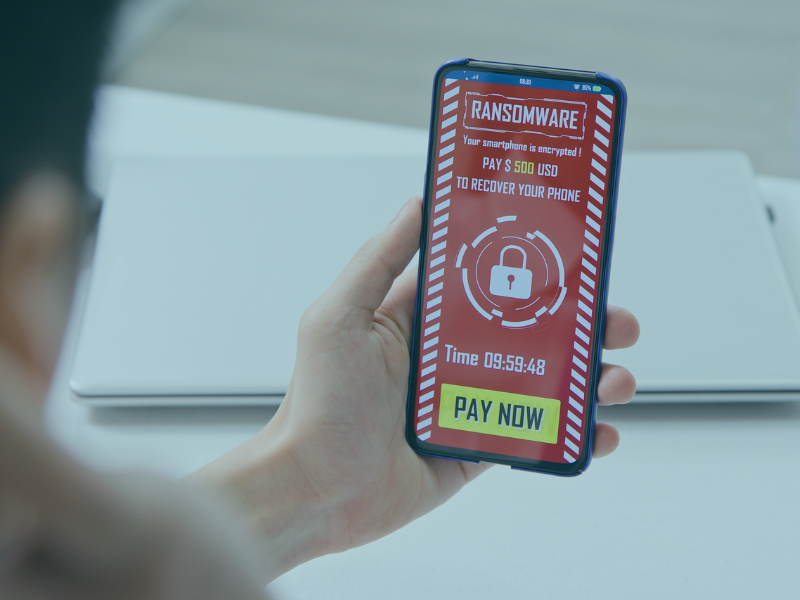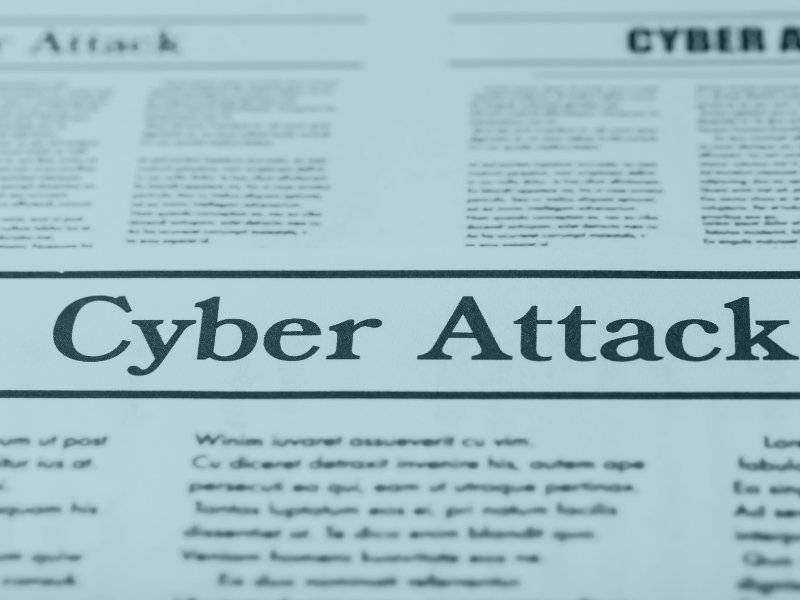
While the technological challenges mount for higher ed, so do the logistical ones. Younger generations of students that have been raised with iPad and iPhone in hand increasingly expect all experiences to be accessible via an app. Registration, administrative processes, paying for books and tuition need to be seamless experiences.
Perhaps more importantly, institutions are struggling to reduce expenses that could otherwise be spent on acquiring top talent in faculty and researchers and better equipping research labs and classrooms. Yet the mounting costs of updating rapidly evolving technology is causing some to take shortcuts that ultimately cost more.
Syncing Feeling
As the campus’ system of record, ERPs need to be updated and accurate to function properly. This includes payments integrations that enable real-time insights across departments. Unfortunately, many colleges and universities are not using fully integrated payments systems or even partially integrated systems due to the cost of updating legacy systems. This leaves room for error and can double the work for staff.
When payment systems aren’t integrated with ERPs, staff are tasked with manually updating transactions from various payment systems across multiple campus departments. Both systems are not synced until the update is made. Lack of real-time insights and accounting information not only causes headaches internally, but does not present an optimal experience for students. Those checking their accounts to verify that tuition payments have been made or that meal plans have been updated will likely have to wait until the systems are synced, which could cause a lapse in services.
Payments, Interrupted
This issue is aggravated when hiccups occur during payments. If a credit card payment declines or a check bounces after the ERP has been updated with a record of the payment, someone must log back into the system to manually reverse the transaction. It becomes painfully obvious how this process is rife with the potential for user error.
The amount of manual work that must occur when these two systems are disconnected is extensive. It is a time- and resource-drain that translates poorly to the user experience as well. Consider the cases where universities are issuing funds to a student, either as a refund or part of a financial aid package; rather than being able to transfer funds directly from the ERP into a student’s checking account, the institution must issue a check and follow the lifecycle of that disbursement while manually updating two disparate systems.
Any system that requires multiple updates to data sources has the potential for redundancies and errors. Fully integrating systems that track data into a single source of truth (the ERP) can eliminate mistakes, streamline processes, and dramatically reduce manual workloads.
Tag Team Integration
Arrow Payments specializes in helping higher ed institutions optimize payment solutions.
Our team streamlines payments across all campus merchants and departments, including PCI DSS compliance considerations. Our ultimate goal is to help institutions reduce administrative burdens across the board while being secure.
We do this through our extensive discovery process, where we identify key issues and recommend a course of action. From there, we can work with your team to implement. That isn’t where our work ends, either. We continue to provide long-term customer service and support, augmenting staff where needed and providing ongoing expertise as an institution grows and evolves.
If you are looking for a reliable partner with deep knowledge the higher ed space, contact us today.




